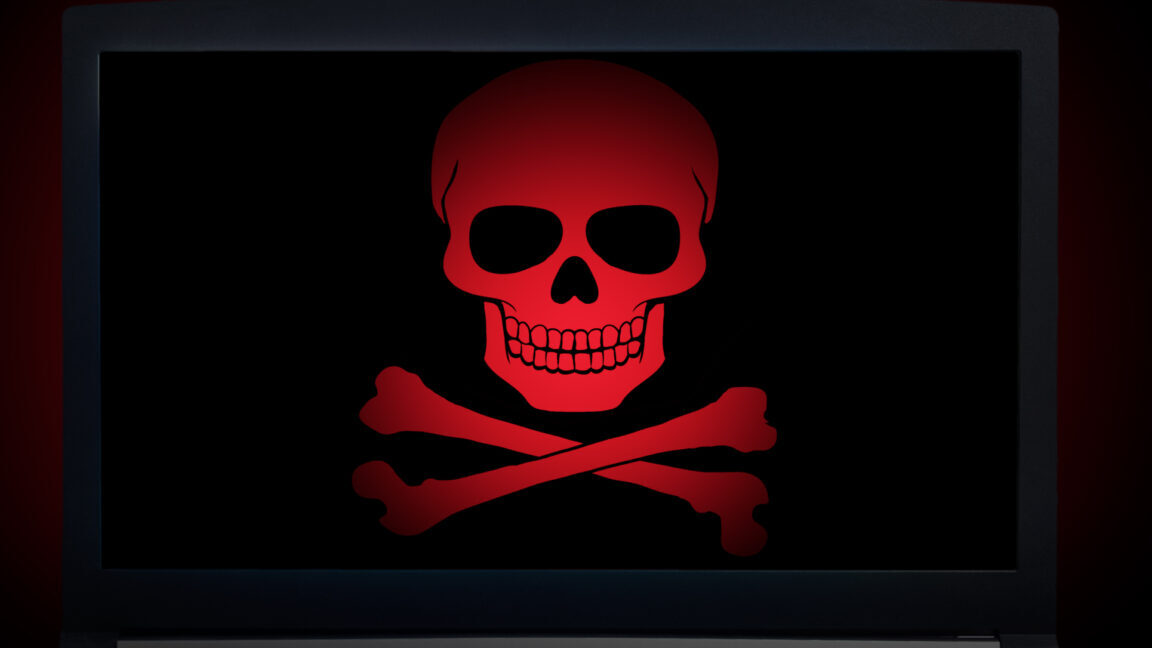Copyright holders hire services that use bots to monitor file-sharing networks and send ISPs millions of notices a year alleging infringement by someone at a particular IP address, Cox told the Supreme Court. Cox said that ISPs “have no way of verifying whether a bot-generated notice is accurate” and that even if the notices are accurate, terminating an account would punish every user in a household where only one person may have illegally downloaded copyrighted files.



Accused? Not convicted but accused?!
This Supreme Court may just love that!
If there is one thing the Conservative Majority SCOTUS likes is a to “answer” a question no one is asking.
Citizens United was based off an FEC decision about the Michael Moore, a commercial film maker, the docudrama Farenheite 9/11 which was critical of the Bush administration’s response to the 9/11 territorist attacks. The Complaint was the film was political advertisement 60 days before a general election. The FEC decided the film could be aired before the 2004 election as it didn’t support one candidate and only referenced how it was handled not current commentary In advertisements, and therefore was not not a political advertisement for a single candidate.
In response, Citizens United produced a “documentary” Celcius 41.11" which was critical of the Farenheite 9/11 and John Kerry’s actual policies. The FEC ruled this was clearly was a political advertisement put out by not a bona fide commercial film studio, and therefore could no be aired 60 days out from a general election.
What was argued to SCOTUS: Celcius 41.11 should be legal bc we did like Farenheite 9/11 and do not like John Kerry’s 2004 presidential policies
What SCOTUS ruled: Coperations could spend unlimited funds to be critical of an individual’s policies just so long as there was no coordination between the corporation and the candidate that said that the corporation supports
WTF this is even stupider that I thought. This is “Citizens United”?
Well, that was a bit of a stretch. Citizens United was challenging the law used by the FEC to stop their film. That law was first and foremost a law about banning advertising, money collection, and campaigning by non-campaign sources. So the Supreme Court was answering the asked question.
Even if you were convicted of it that doesn’t seem like a suitable punishment. What if you didn’t even use the Internet to copy whatever it was? If I used a VCR to copy a video would I be banned from VCRs?
Why does the copyright owner get to dictate the punishment? When someone steals from a regular person the judge doesn’t ask the person what the punishment should be.
Agreed; It is not a suitable punishment.
Internet access is now practically required by a great deal of services that we depend on in order to live. Taking it away because of copyright infringement would be like banning someone from grocery stores for throwing a poppy seed at some corporation’s skyscraper.
So… Meta?